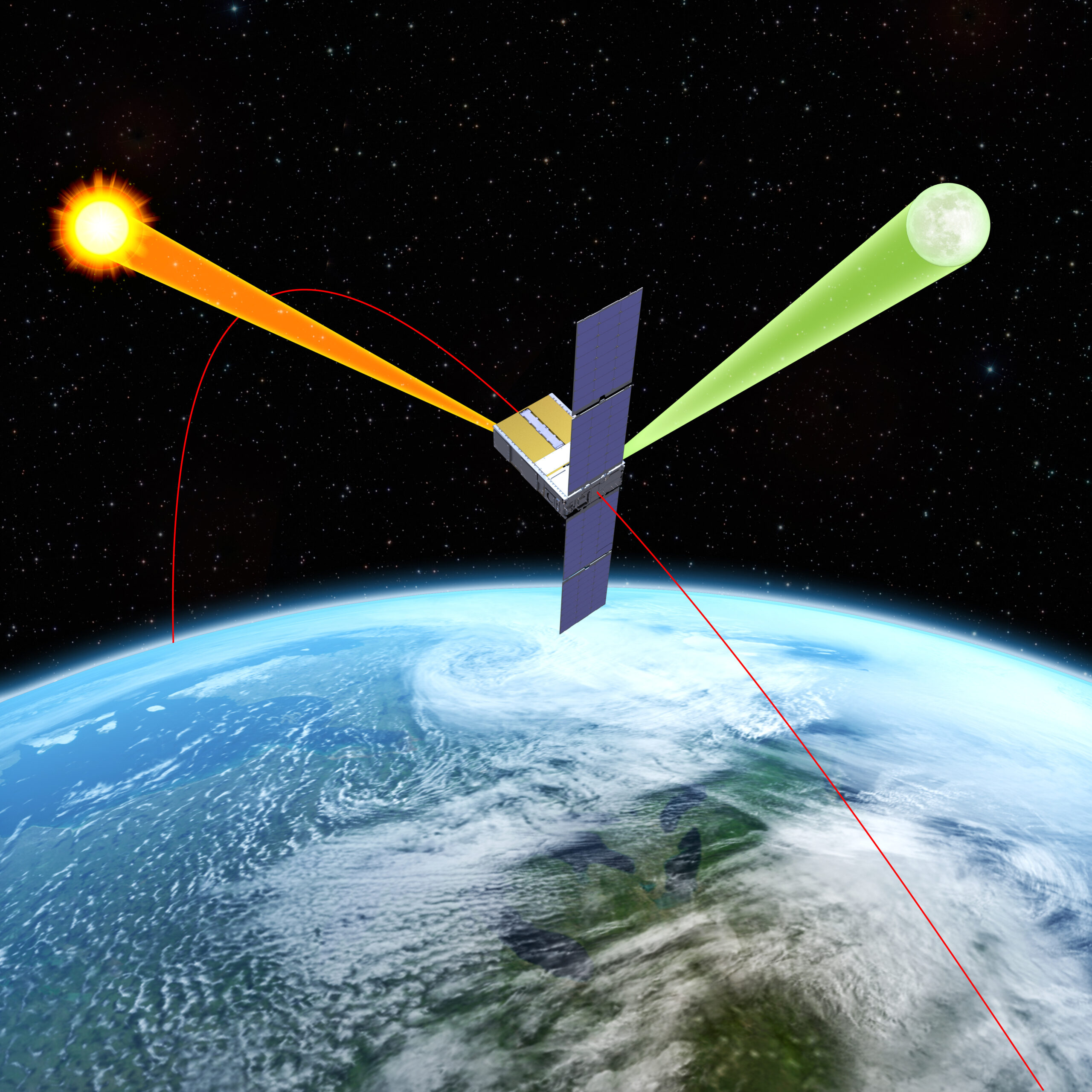Key Takeaways
- NASA’s Arcstone instrument aims to enhance calibration of Earth-viewing sensors using lunar data.
- The mission will collect precise measurements of lunar reflectance, establishing a universal calibration standard.
- A successful mission could improve sensor accuracy and reliability for future Earth observation efforts.
NASA’s Arcstone Mission to Enhance Lunar Calibration
NASA is preparing to launch a groundbreaking instrument, Arcstone, designed to improve the accuracy of data collected by Earth-viewing sensors in orbit. Scheduled for release in late June 2025 aboard a SpaceX Transporter-14 mission, Arcstone will employ lunar calibration to measure sunlight reflected from the Moon, providing a new standard for the international scientific and commercial space communities.
The calibration process involves comparing sensor readings to known standards, a task complicated by atmospheric interference when measurements are taken from Earth. Unlike methods employing the Sun and Moon, which have not reached precise calibration levels, Arcstone aims to establish a consistent measurement of lunar spectral reflectance directly from space. This approach promises higher accuracy and reliability for remote sensing data products.
“Achieving the required instrument calibration accuracy on-orbit has been one of the most challenging tasks in remote sensing,” noted Constantine Lukashin, principal investigator of the Arcstone mission at NASA’s Langley Research Center. He emphasized that the Moon serves as a stable and detailed calibration source beyond Earth’s atmosphere, with Arcstone striving to enhance its precision in calibration, benefiting spaceborne remote sensing for years to come.
The Arcstone mission will utilize a spectrometer to analyze light reflected from the Moon, marking a significant step in calibrating sensors aboard satellites. Data collection, referred to as first light, is expected to commence approximately three weeks after the satellite’s orbital entry.
With no globally accepted calibration standard for lunar reflectance currently established, Arcstone could fill this gap. Thomas Stone, co-investigator for the mission and a scientist at the U.S. Geological Survey, highlighted the potential benefits of a high-accuracy lunar calibration system, including the ability to cross-calibrate datasets against a common reference, calibrate onboard sensors, and bridge data gaps from prior datasets.
If the initial technology demonstration succeeds, scientists envision an extended mission that could make the Moon the repeated reference standard for multiple satellites. This would retroactively improve the accuracy of previous Earth data records and enhance sensor performance over time, a crucial feature given the potential degradation of instruments in space.
“Earth observations from space are vital for monitoring the health of our planet,” Stone stated. The lunar calibration methodology represents a robust and cost-effective means to ensure high accuracy and consistency in Earth observation datasets, thereby fostering reliable assessments of environmental changes and future trends.
The Arcstone project is funded by NASA’s Earth Science Technology Office through its In-space Validation of Earth Science Technologies program. The mission is a collaborative effort led by NASA’s Langley Research Center, in partnership with the Laboratory for Atmospheric and Space Physics at Colorado University Boulder, USGS, NASA Goddard Space Flight Center, Resonon Inc., Blue Canyon Technologies, and Quartus Engineering.
For further details about NASA’s Arcstone mission, please visit the official page.
The content above is a summary. For more details, see the source article.














